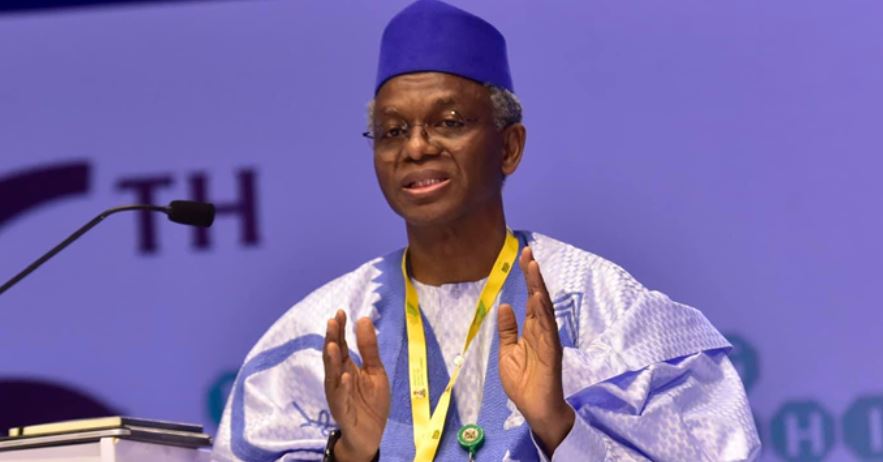Paragraph 1: El-Rufai’s Assertion of Authenticity in Governance
Nasir El-Rufai, the former governor of Kaduna State, has publicly affirmed his commitment to genuine governance, distinguishing himself from politicians who prioritize appearances over action. He likened such individuals to Nollywood actors, implying a focus on performance rather than substance. This declaration followed El-Rufai’s earlier statement that his stance on governance would remain consistent regardless of his official position within the administration of President Bola Tinubu. His comments have ignited discussion about the nature of political leadership and the importance of authenticity in public service.
Paragraph 2: Public Recognition of El-Rufai’s Integrity
El-Rufai’s commitment to genuine governance has resonated with some members of the public. An X (formerly Twitter) user, Ira Habib, praised El-Rufai’s integrity, referencing his book "Accidental Public Servant" as evidence of his unwavering commitment to development. Habib argued that only leaders genuinely invested in Nigeria’s progress would include El-Rufai in their cabinet, given his reputation for prioritizing substance over pretense. This public endorsement underscored the perception of El-Rufai as a principled politician, unafraid to challenge the status quo.
Paragraph 3: El-Rufai’s Response and Emphasis on Action over Rhetoric
In response to the online commendation, El-Rufai reaffirmed his commitment to authentic leadership, explicitly rejecting the theatrics often associated with political maneuvering. He emphasized the importance of concrete action over empty rhetoric, drawing a distinction between the demands of opposition and the responsibilities of governance. Quoting former British Prime Minister Tony Blair, he highlighted the greater significance of actions over words, particularly for those holding positions of power. This reinforces El-Rufai’s focus on tangible results and his disdain for performative politics.
Paragraph 4: El-Rufai’s Critique of the APC and the Ensuing Controversy
El-Rufai’s recent criticism of the All Progressives Congress (APC), the ruling party, further illustrates his commitment to principled politics. He lamented the lack of internal democracy and the absence of functioning party structures, expressing concerns about the party’s direction. His remarks drew a sharp response from the presidency, with Daniel Bwala, Special Adviser to President Tinubu on Policy Communications, accusing El-Rufai of pursuing a "vengeance mission." This public disagreement highlights the tensions within the ruling party and El-Rufai’s willingness to challenge the established order.
Paragraph 5: Bwala’s Accusation and Call for Reconciliation
Bwala characterized El-Rufai’s criticisms as unpatriotic and motivated by personal grievances, suggesting they could make him susceptible to recruitment by the opposition. He urged El-Rufai to abandon his perceived "vengeance mission" and engage in constructive dialogue to resolve his concerns. Bwala’s remarks framed El-Rufai’s critique as a personal attack rather than a genuine concern for the party’s well-being, further escalating the public disagreement.
Paragraph 6: The Broader Implications of El-Rufai’s Stance
El-Rufai’s outspokenness and his emphasis on authentic governance raise broader questions about the nature of political leadership in Nigeria. His willingness to publicly criticize his own party suggests a commitment to principles over political expediency. While his critics frame his actions as disruptive, his supporters view him as a necessary voice of dissent, holding those in power accountable. The ongoing debate sparked by El-Rufai’s comments underscores the importance of transparency, accountability, and genuine commitment to public service in a democratic society. His stance, regardless of one’s personal opinion, compels a deeper reflection on the role of politicians and the expectations citizens have of their leaders.














